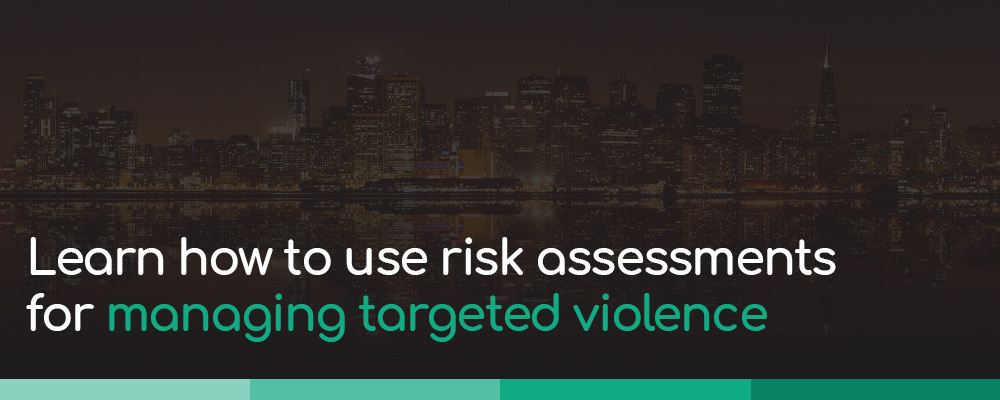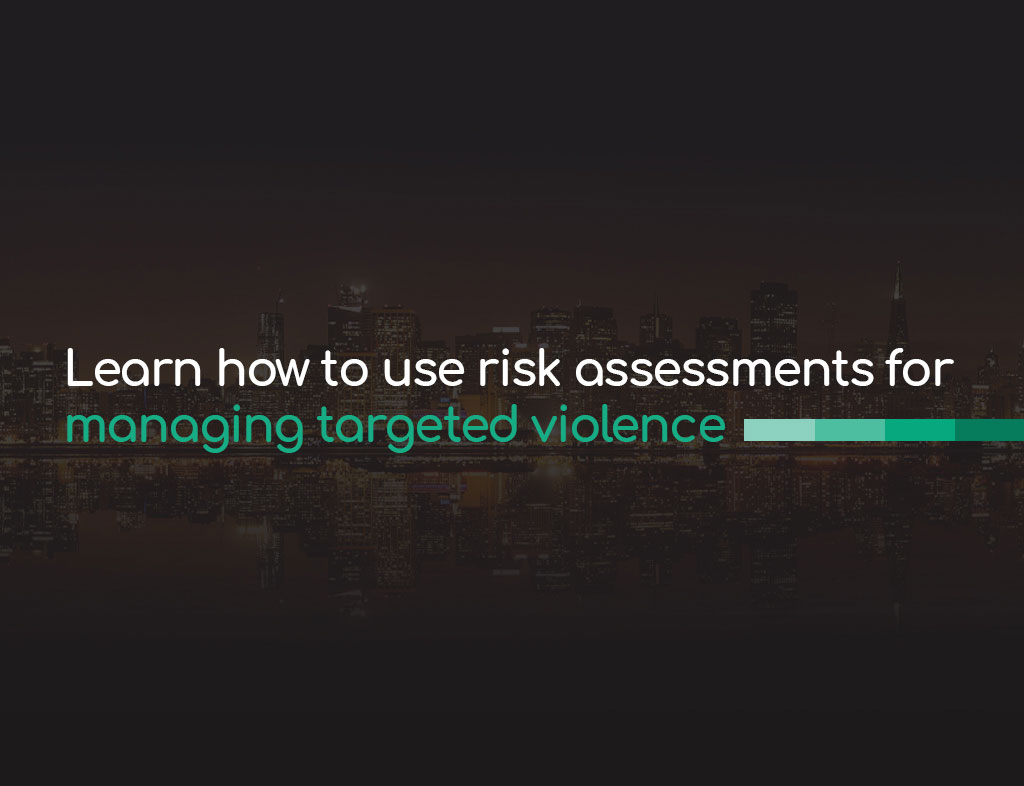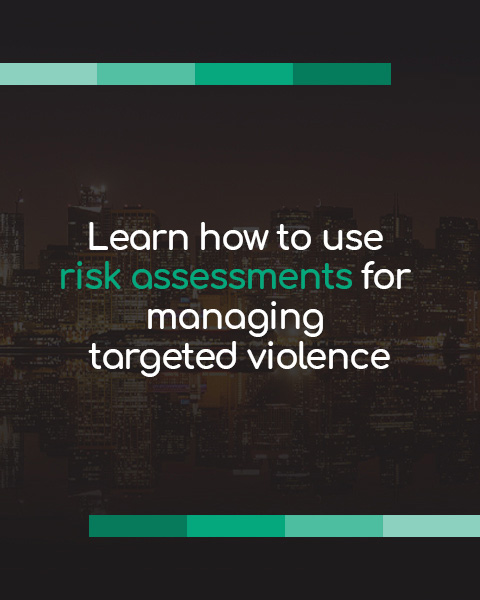


Subscribe to our four-part email series about the Terrorist Radicalization Assessment Protocol-18™ (TRAP-18)
In this course, you will learn how the TRAP-18 provides a means to assess risk that can translate into managing targeted violence more effectively.
MHS’ TRAP-18 provides a means to assess risk that can translate into a practical way of managing targeted violence. This tool:
- Helps determine an individual’s position on a pathway towards violence, providing valuable insights for intervention and preventive measures.
- Assists in prioritizing cases efficiently, allowing organizations to allocate personnel and resources more effectively.
- Enables professionals to make evidence-based decisions, leading to more effective strategies for violence prevention and risk reduction.
When you subscribe to our four-part email series, you’ll learn more about:
- The background and theory behind applying risk assessments.
- Insights into the TRAP-18’s eight proximal warning behaviors and ten longer term distal characteristics for targeted violence.
- The evidence-based criteria of an effective risk assessment.
- Risk assessment research articles and case studies.
- Complimentary trainings in risk assessment tools.
Lone-actor terrorism is considered a major national security threat in both North America and Europe (Meloy, Gill, 2016). However, it can be challenging for law enforcement to predict the actions of a single actor as they have inherently different motivations, ideologies and may be experiencing emotional and psychological disturbances. By subscribing to this course, you are taking the first step towards more creating more effective threat management in your community.
Subscribe to our email series today!
Sign up for the complimentary email course